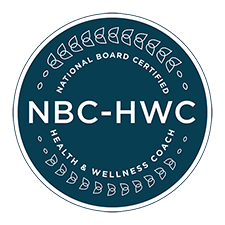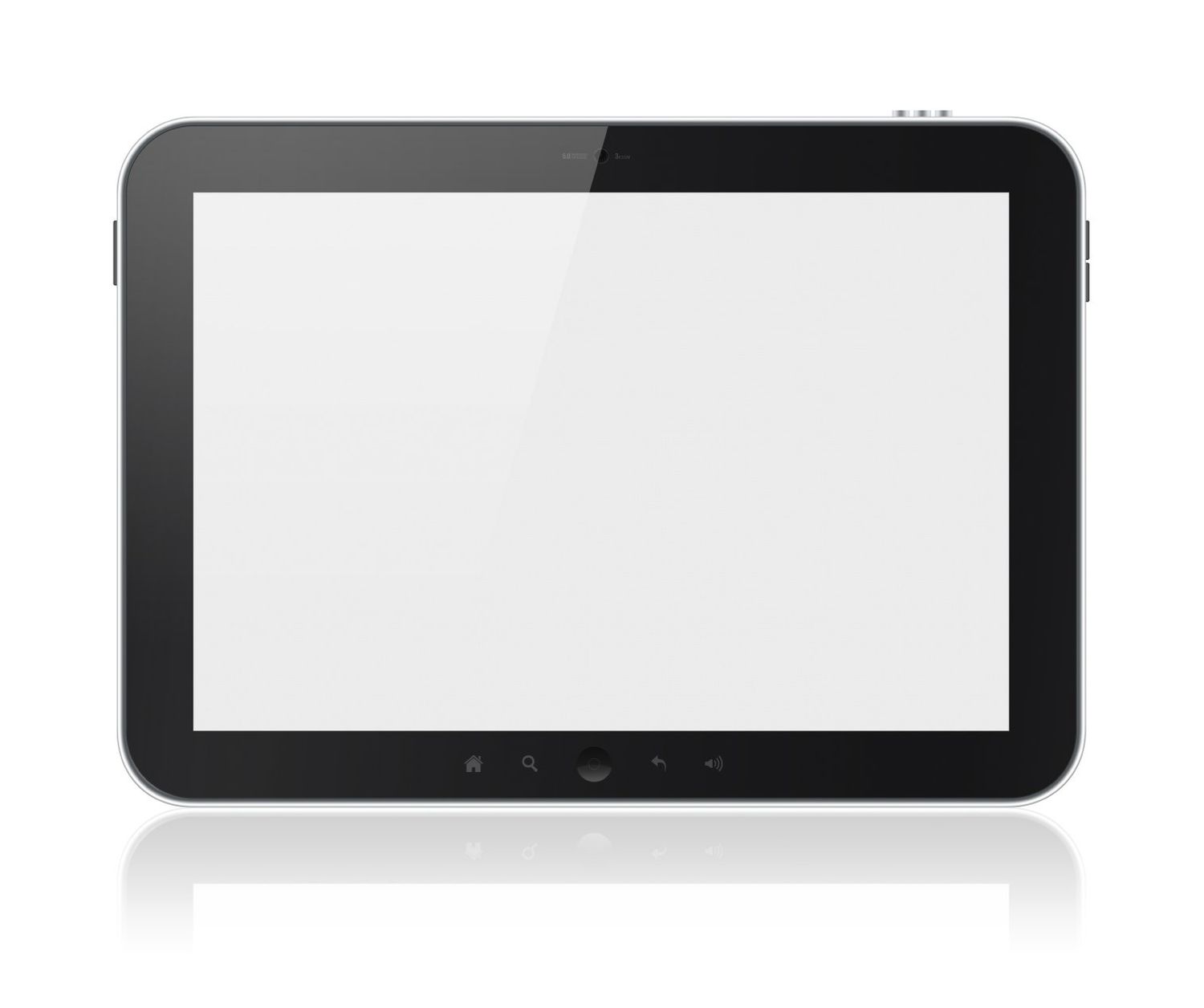Contact us:
702.580.5626


Progressive Recovery Program
PROGRESSIVE RECOVERY COACHING PROGRAM

What is Progressive Recovery?
There remains a great lack of understanding surrounding addiction. For the proper clarification addiction is now classified as a SUD or Substance Use Disorder as of (2016). Addiction is a scientifically proven chronic brain disease that disrupts a person’s normal functioning. Further prevention and education must continue in order for people to receive the proper treatment. According to, the National Survey on Drug Use and Health (NSDUH, 2016) over 20 million people 12 and older, have struggled with a SUD in the past year. 1 in 3 struggled with illicit drugs, 3 in 4 struggled with alcohol use and 1 in 9 struggled with both drug and alcohol use. Many don’t receive formal treatment and even fewer find treatments that are scientifically effective (i.e., evidence-based). Worse yet, afflicted individuals and their families are confused about what to do once there are signs of an SUD. Who can educate them in the various treatment options available or how they can motivate their loved one to make a change. Addiction is a family disease and must be treated as so.
A Recovery Coach is always NEAR
(an acronym for services) and can help your family with:
NAVIGATION...Navigating the complex addiction treatment world
- Work with the family to figure out how bad the situation is? (Abuse, risk level or addiction)
- Self-report screening and assessment for risk.
- Co-occurring disorders self-screen (very important topic) According to, NIH nearly 50% of people with an SUD also have a co- morbid mental health disorder.
- Assess the afflicted person’s readiness for change and build upon that.
- Educate the family around the processes of an SUD.
- What can be done about it? Work with the family to find appropriate care for their loved one (starting with what their insurance will cover; detoxification, inpatient care, outpatient care, therapy, group therapy or medications).
- Build on the strengths of the afflicted person and allow them to be the one responsible for their own treatment plan.They encompass the power and hold all the motivation that is necessary for behavioral change.
ENGAGEMENT...
Moving people toward treatment
- As we start to develop a client-centered plan we like to move people toward evidence-based treatment choices.
- Like: CRA or CRAFT which really seeks to train and educate the afflicted person and their family.
- In this stage we want to start to collaborate with doctors, therapists or other treatment facilities and work on identifying barriers to receiving treatment and becoming part of the family support system.
- A coach can visit programs and facilities as well as ask questions about what services are provided and their success rates.
- Interview and identify treatment professionals that fit in with the afflicted person’s personality and treatment goals.
ACCOMPANIMENT...
Being there for clients during treatment and recovery related activities
- Accompany the afflicted person or the family through each service.
- Listen and respond to the needs of the family.
- Develop treatment plans. Listen to their needs and concerns.
- Provide guidance through tough times.
- Communicate with the other involved professionals.
- Fill in the gap between service providers.
REDUCTIONS…
OF LAPSES AND RELAPSES
- A PRC will work with the family to design a plan that will reduce the possibility of relapse.
- Recognize the importance of change, environment and triggers.
- Add in healthy behaviors.
- Monitor moods and cravings so that they don’t fall back into old behaviors.
- Help a family realize that relapse is part of recovery.
- Make lifestyle modifications when necessary.
- Provide continued encouragement.
It is important to maintain positive outlooks and statements around a person with a SUD. Language to label people as an “addict” is dangerous and stigmatizing. We must learn to respect the afflicted person with this disease, just like we would with any other disease. We have a choice in the ways we communicate. We can use words that perpetuate the continuous negative stigma around substance use or words that label people with an addiction in a negative, shameful and judgmental way. Or we can use words that are compassionate, supportive and respectful. These positive words will help families to better understand substance use disorder and that this is a health issue and not a moral failing. A SUD is preventable and treatable just like any other chronic disease.
RecoveryPad
Recoverypad provides evidence-based addiction recovery coaching through text.
Get started on your two day free trial now.
Click below:
Recoverypad is developed by; Dr. Michael Pantalon of Yale University who has devoted his life to helping families in need.

Because one size doesn't fit all...

Help on demand...
Buy now
When you need it...

On your schedule...
CRAFTFAMILY TRAINING
CommunityReinforcement Approach and Family Training or CRAFT helps to teach families effective strategies to cope with their loved ones issues. It also helps the afflicted individual learn how to change their behaviors by changing the way the family interacts with them. There are three principals to how CRAFT works.
- When a loved one is abusing substances and refusing to get help, CRAFT helps families move their loved one toward treatment.
- CRAFT helps reduce the loved one’s alcohol and drug use, whether or not the loved one has engaged in treatment yet.
- CRAFT improves the lives of the concerned family and friends.
For more on CRAFT visit The Center for Motivation and Change
